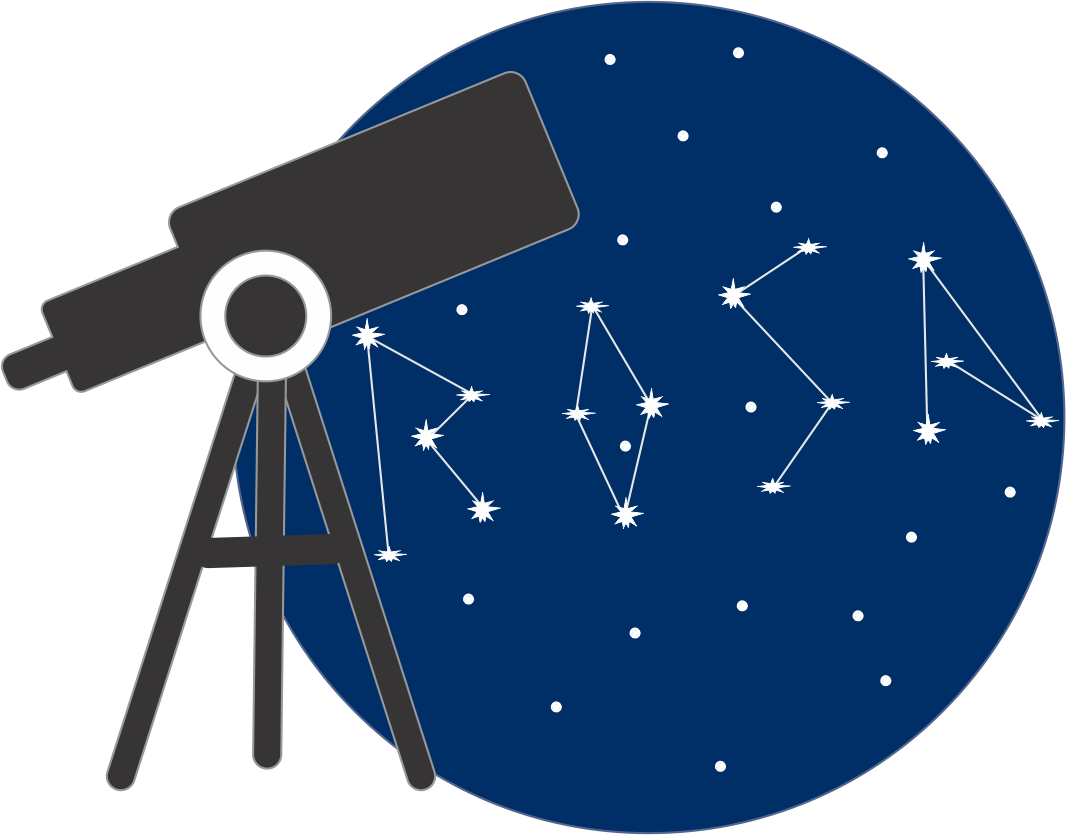3.2. Data Management Plans (DMP)
Data management plans help structure data handling throughout a research project. Simply put, data management plans ask the following guiding questions:
- Where can collaborators find the data?
- Is the data accessible to others?
- Is the data interoperable?
- Is the data reusable?
Walking through these questions for a research project can help identify potential problems. For example, it might become clear that only one person has access to the data an entire project depends on. Such a situation can easily result in data loss. If that person has extensive back-up plans to prevent data loss, the problem is mitigated somewhat.
Funding agencies increasingly require data management plans, because they heavily invest in research projects and want to maximise their value for money. But data management plans are super helpful to coordinate responsibilities, keep track of accessibility and to prevent accidental data loss/leaks.
One way to create a data management plan is to walk through the various questions above and think of questions specific to your field of research or legal jurisdictions. The Digital Curation Centre provide resources on How to Develop a Data Management and Sharing Plan and a Checklist for a Data Management Plan.
Many pages already exist that provide examples of such plans. For example, the University of Minnesota provides a set of field specific examples. There is also the DMPTool that provides you with a web application to make your data management plan. It is worthwhile to search for additional examples dependent on the potential requirements from a funding agency, or from the institute itself.
Data management plans are the biggest help to yourself, providing a fundamental project management tool to identify key strengths and issues in how data is handled throughout a project. In order to make the data reusable, Licensing and understanding data protection laws is essential when preparing and sharing data.
This content has been adapted from Liberate Science: Now Boarding, License: CC0 1.0.
next: Open Data
